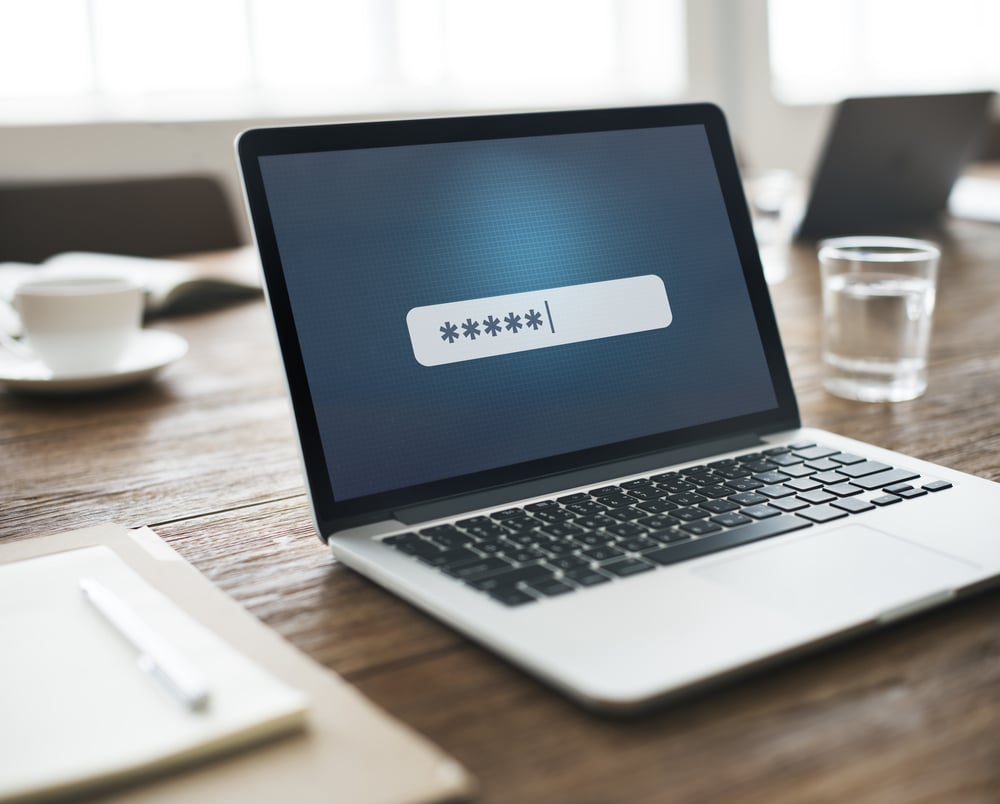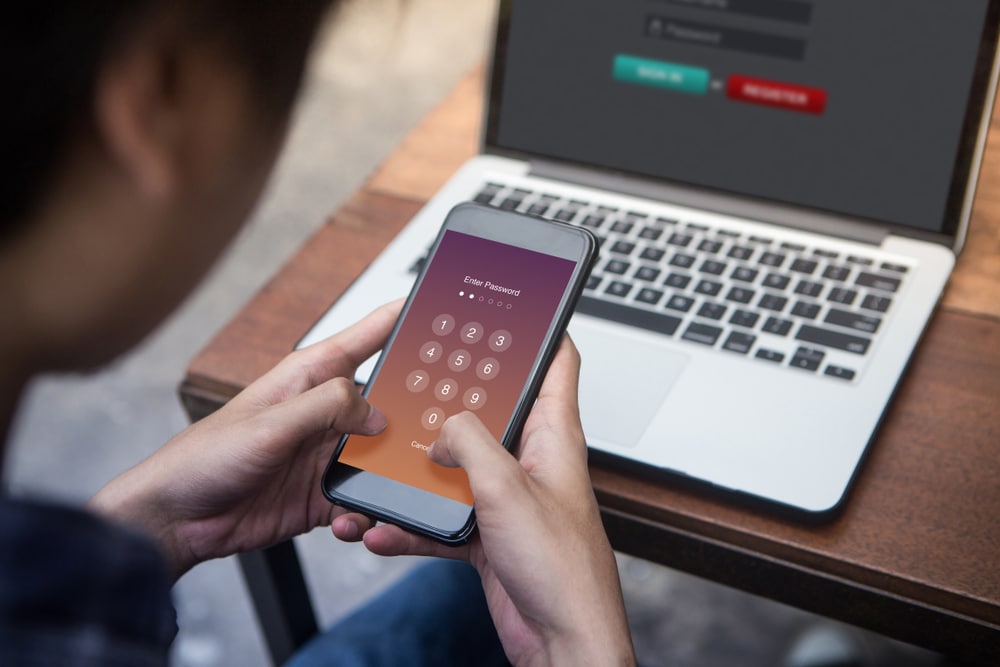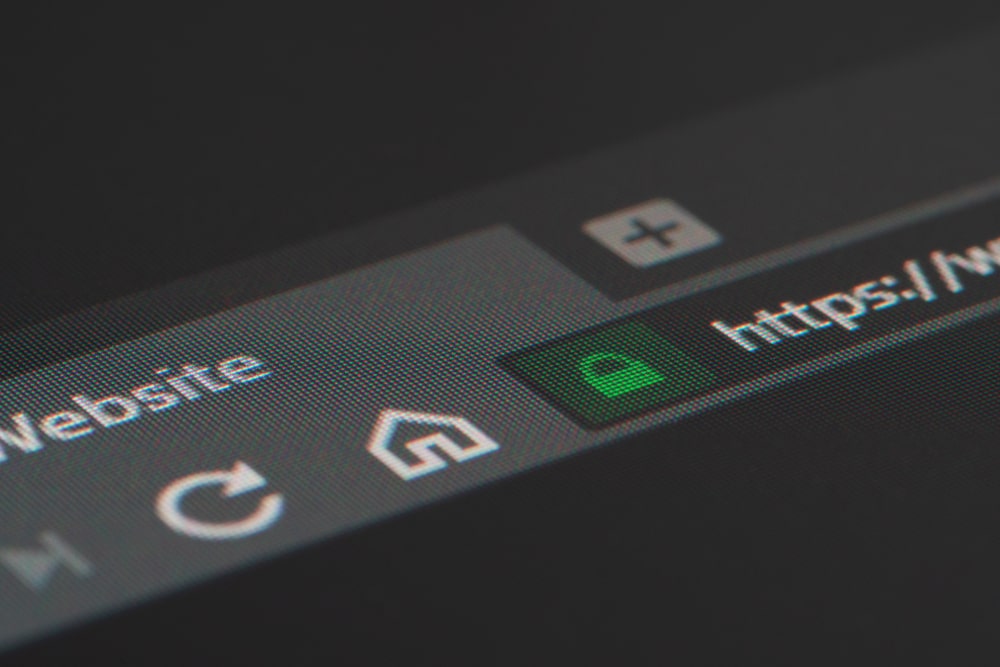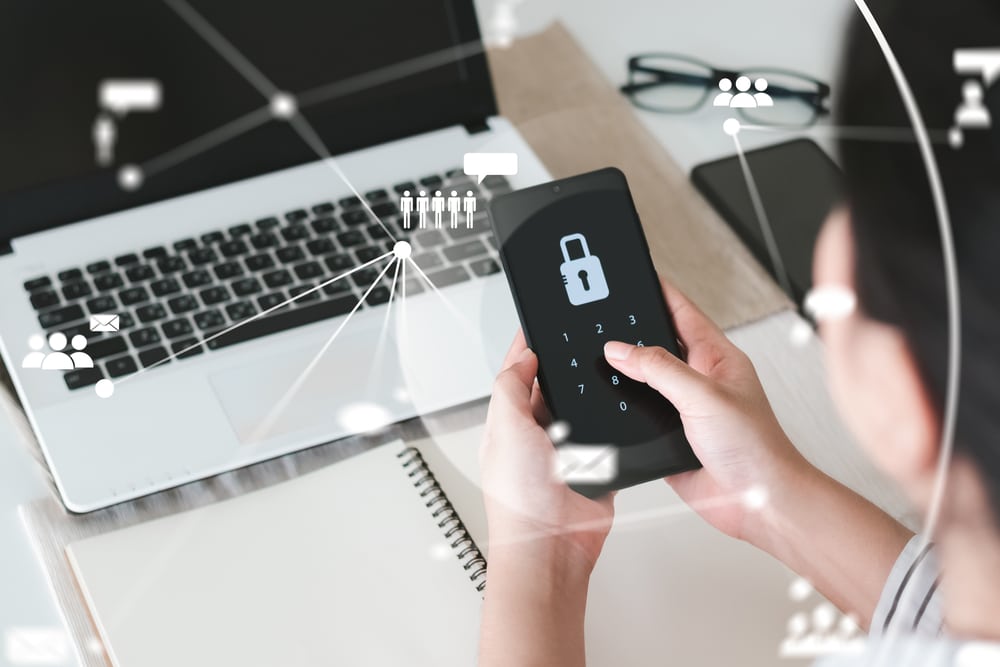Jasmine Birtles
Your money-making expert. Financial journalist, TV and radio personality.


So much of our lives are online nowadays. Many people use online banking, most of us have bought something online before, and the number of people working from home has significantly grown.
Although having everything in the palm of our hands can be useful, quick and easy, scammers can take advantage of our virtual worlds. They find new ways to trick us and take our personal information and money.
Hackers and scammers can carry out cyber-attacks by targeting people and businesses using email and website scams and malware. Malware is software that can allow hackers into your device. This means hackers can access private information and bank accounts.
One of the easiest ways to protect yourself is to use a VPN which helps keep your online privacy.
But what other ways can you protect yourself?

If hackers can access your emails, they can use it to gain access to other accounts and websites. They are also able to find out personal information which have may been emailed to you. For example, being emailed a utility bill or tenancy agreement means hackers have access to your address and phone numbers, making it easier for them to steal your identity for their own gain.

Cyber Aware suggest creating a password made of three separate words. This makes your password stronger, but still easy for you to remember. It is also recommended you do the same for important accounts, such as online banking apps, to ensure they are secure.
Make sure the words you used and totally random, so they are far less likely to be guessed. Using your first, middle and surname, for example, is something that can be guessed easily. Similarly, using the names of your three pet cats would not be an appropriate choice.
Use a password that involves quite a number of characters, capital letters, numbers and, ideally, odd characters like ?, !, @ or & to fox the scammers.

Not only does saving your passwords allow you to log into websites even if you’ve forgotten your password but is much safer than using weak or duplicate passwords. Saving passwords to browsers such as Google Chrome or Microsoft Edge can protect you against certain types of cybercrime too. These types of crimes include fake websites that may ask you to give personal information.
Make sure you protect these passwords in case your device is lost or stolen. There are a few ways you can do this. Turn off or lock your device when it is not in use. Use a password to protect your device at login, as this is extremely beneficial, and adds an extra layer of protection. Similarly, if your device supports fingerprint or facial recognition, this is an even better way to protect your device and your passwords.

Two-factor authentication is an easy way to add an extra layer of security to any accounts you may have which contain your personal information. This is particularly useful for online banking, social media and your email account.
This works by asking you to prove your identity. Many websites ask you to provide a phone number, and they will text you a code for you to type in when you try and gain access to an account from a new device or location. This ensures it is you trying to access your account, and not someone else.

Software and apps which are out of date can become weak and easier to hack. If your devices are in need of an update, consider taking the time to update everything you can, in order to protect yourself.
Some devices automatically update new software, and some apps will update themselves. This is beneficial as you don’t have to remember each time. Some devices, on the other hand, require manual updates.

Last but not least, it is important to always back up photos, documents and other important files. You can also back up your data onto another device, such a portable hard drive or USB stick. Unplug the device when it’s not in use. Additionally, the use of cloud storage is popular nowadays. Cloud storage in online storage.
As with updates, you can opt to automatically back up your device periodically, to ensure you always have a recent copy of your data.
We encourage you to follow these crucial steps and ensure you stay safe online. Keeping your personal and financial data safe is essential in today’s online world.
You can read all about Cyber Aware and read all the latest tips and tricks to ensure your online safety on the National Cyber Security Centre website. Plus, learn all about other ways to stay safe online, such as how to avoid phishing scams and shopping online securely.
Trust us, you’ll thank yourself for protecting your information in every way you can!

I certainly dreaded this article a bit late 🙁